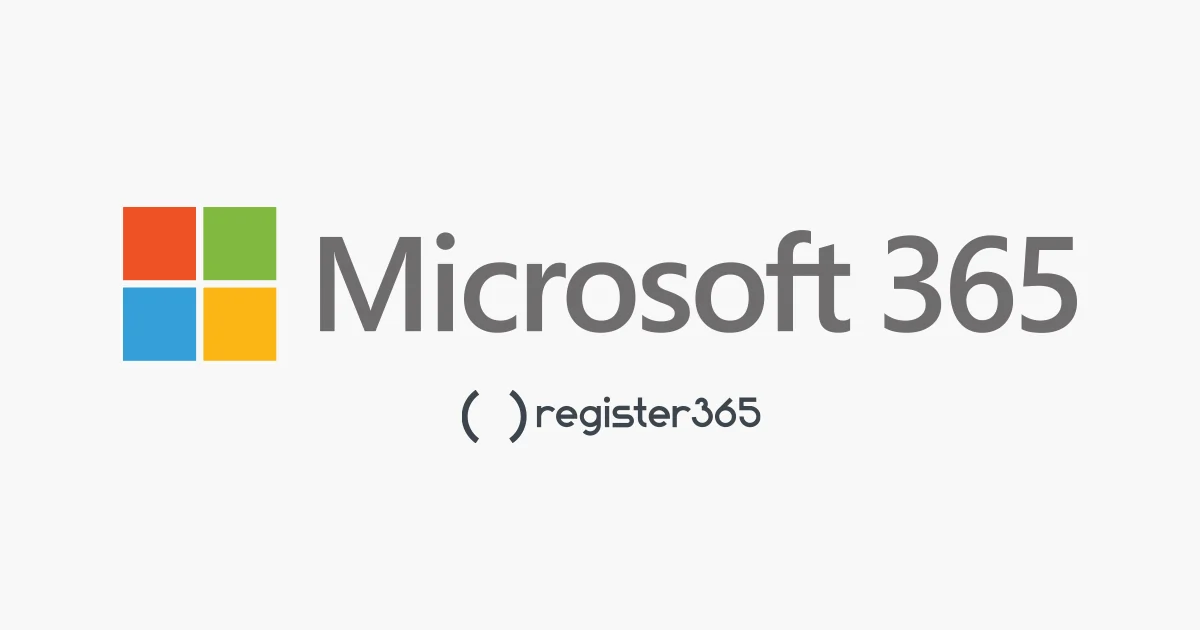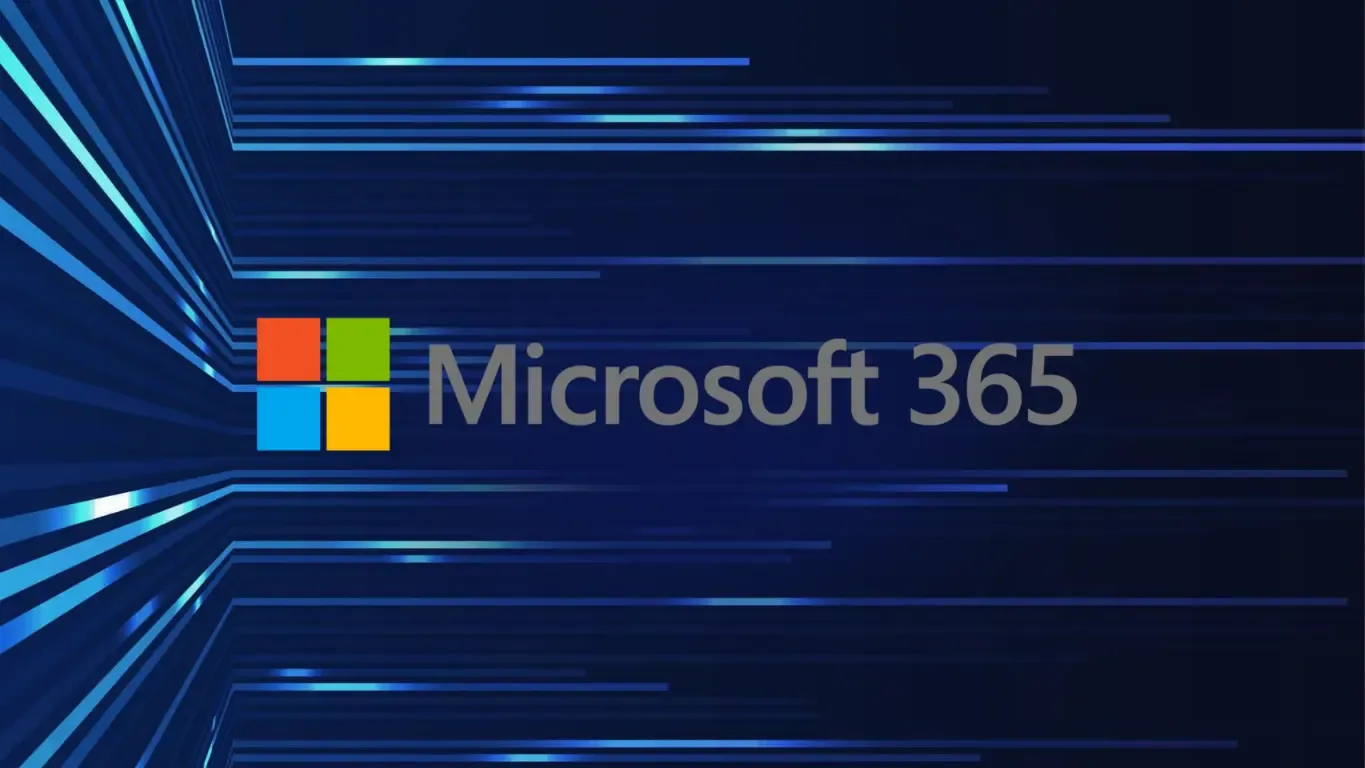In this techno-savvy age, data security matters; it matters even more now to users of Microsoft 365 Exchange. Data protection is required so that the vital data, such as emails, calendars, and contacts, is not hacked or accidentally deleted. This article presents an introduction to important aspects of data protection in the 365 Exchange for first-time users.

Why Is Data Protection Necessary?
The 365 Exchange not only serves as a central hub for business and personal communications through emails, but it also acts as a backend storage for thousands of emails, files, and scheduling information, which gets updated day in, day out. The importance of data protection is also a concomitant factor in compliance laws such as GDPR and the IT Act in India, and also in protecting against accidental deletion and loss through malware attacks or phishing emails.
Main Security Tips for Microsoft Users
Enable Multi-Factor Authentication (MFA)
You rely not only on passwords for an account,; set another higher hurdle for hackers trying to get into your accounts.
Need to recognize phishing emails
Employ Microsoft Defender or others in order to block phishing emails. Don't click on links or download attachments in emails from unknown sources.
An Automated Backup System
Keep on taking backups automatically for the 365 Exchange data. This would be made possible by easy access to any third-party cloud backup service. Data can hardly ever be recovered without backups.
Use Built-in Microsoft 365 Exchange Tools
Built-in protection methods exist within it, one of which includes holding retention policies and Litigation Hold, which prohibits the deletion of crucial emails.

Custom Auditing and Reporting
Just with the Smart Exchange Admin Center, you can easily generate audit reports for new users, which helps to reveal who accessed what data and what changed.
Protecting data from Microsoft 365 Exchange doesn't really feel hard at all. Just take care of a few simple acts that help keep relevant data out of harm's way. It cuts vulnerability to data loss or hacks down considerably within one's environment at Exchange through proper backups, MFA, and security policies. Protect your data today, and keep it safe.
